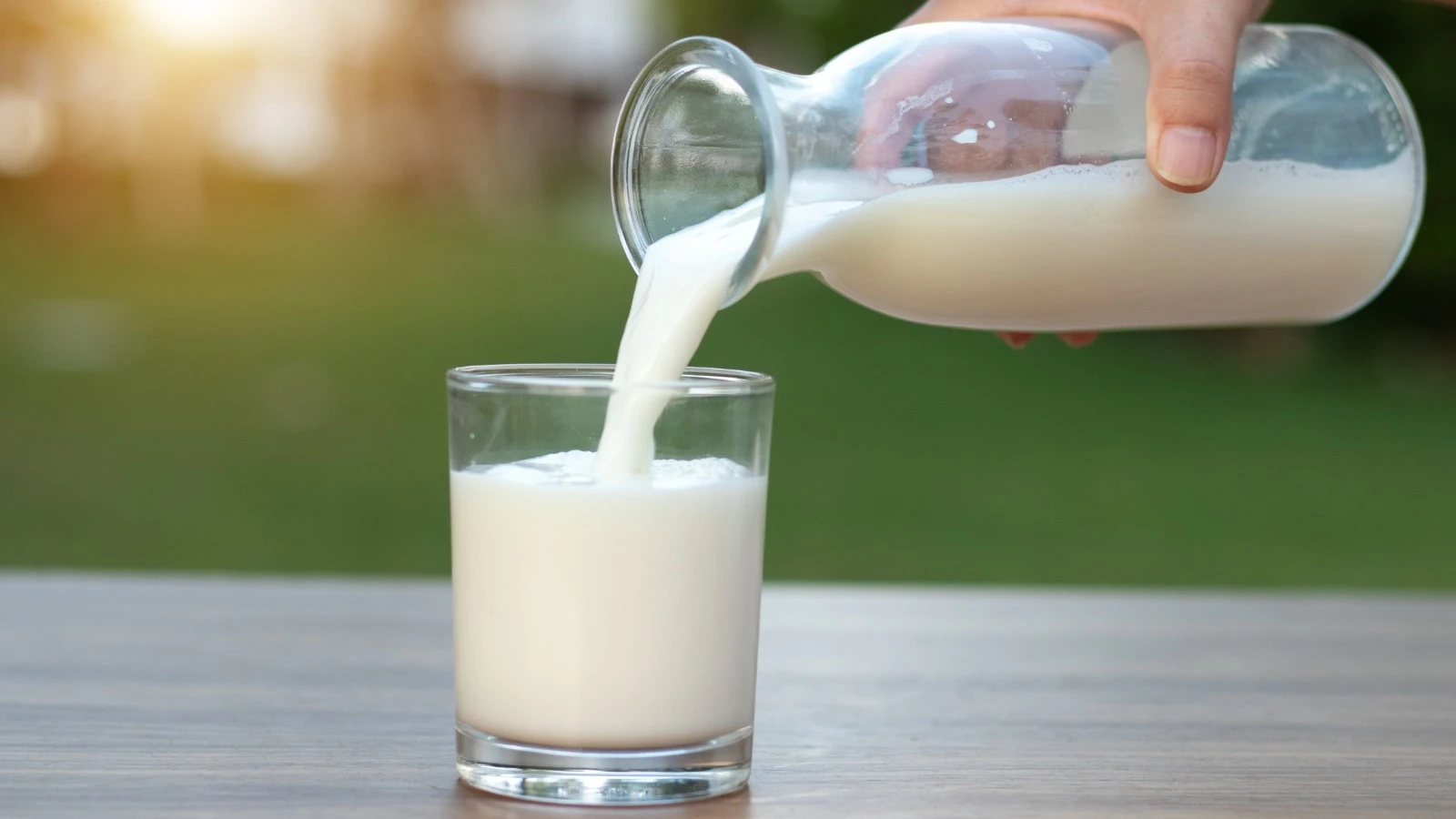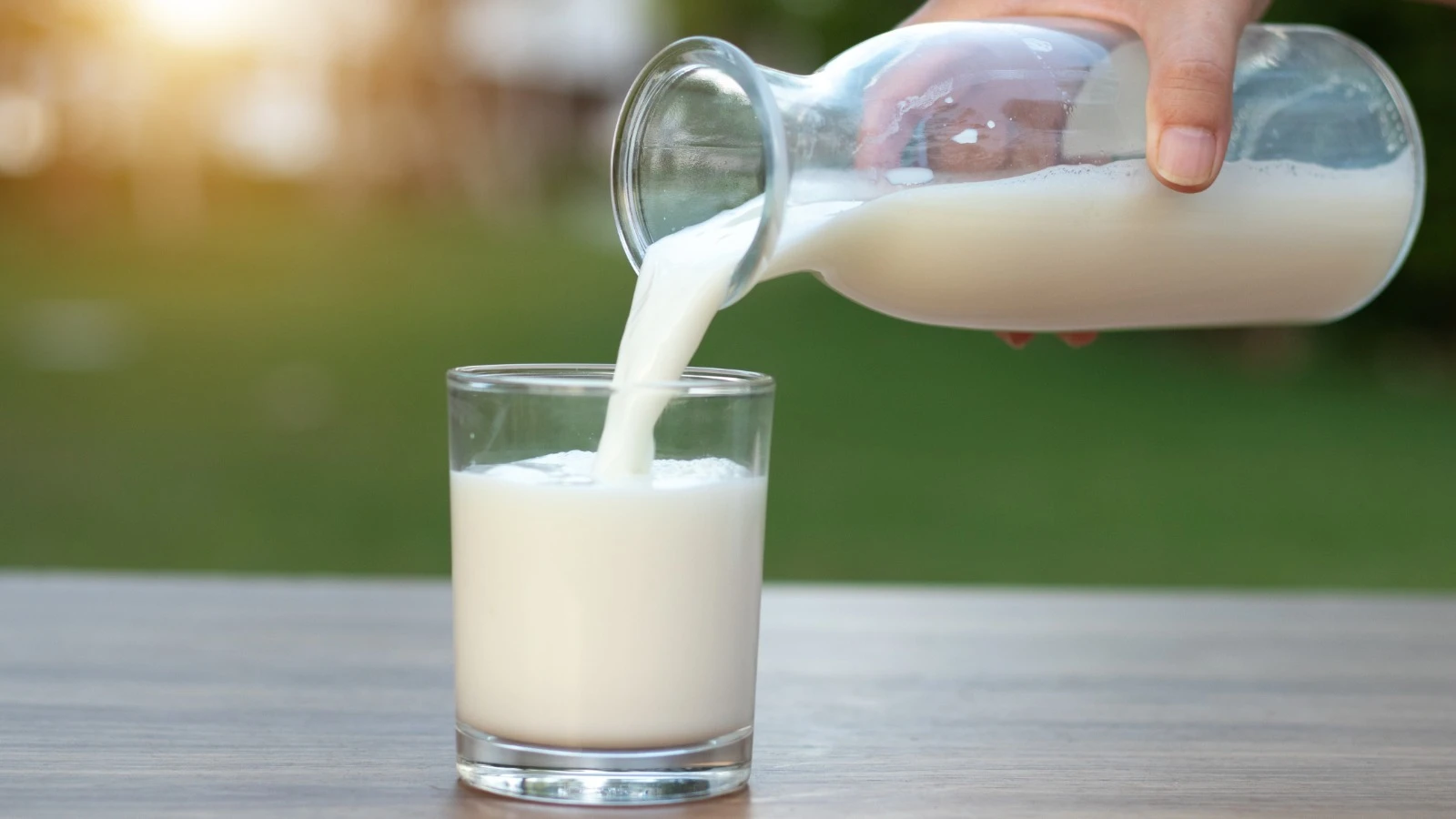Experts urge Tanzanian parents to prioritize milk for children's health

HEALTH and nutrition experts have urged Tanzanian parents to prioritize milk in their households, especially for children to support strong bone and dental development.
Speaking at a media workshop in Dar es Salaam yesterday to raise awareness about dairy sector, contributors described milk as a natural powerhouse vital for growth. Dorinidei Mng’ong’o of the Tanzania Dairy Board (TDB) said: “Milk is rich in calcium, essential for building strong bones and teeth during childhood and adolescence.”
She added: “It also contains high-quality protein for tissue repair, muscle growth and hormone production.” Mng’ong’o warned that the increasing preference for sugary, processed drinks over milk could lead to nutrient deficiencies and long-term health issues, raising concerns about the sale and consumption of unrefined raw milk, calling for better public education on safe milk handling.
Ruth Mkopi, Gender and Nutrition Officer at the Tanzania Agricultural Development Bank (TADB), emphasized benefits of milk across all ages. “For children, it builds a healthy foundation; for youth, it boosts energy; and for older adults, it supports bone health and longevity,” she said.
“Drinking milk is not just a personal choice—it’s a national investment in health and productivity.” She called on the media to promote public awareness and announced a Milk Week workshop in Morogoro Town from May 27 to June 1, focused on milk storage and safety.
Joseph Mabula, Project Coordinator for TI3P initiative under TADB, said the bank was working with the Dairy Board to modernize livestock practices and improve milk quality and production.
Milk output grew from 3.9 billion litres in 2023/24 to 4 billion litres in 2024/25, a one percent rise. Processing centres also expanded, improving distribution and quality control.
Mabula noted formal registration within the dairy value chain doubled from four to eight percent and urged more stakeholders to legalize their operations to combat illegal milk trade.
He added that 2,553 dairy cows have been distributed to smallholder farmers under the project, significantly boosting output. Despite the progress, Tanzania’s per capita milk consumption remains at 62 litres annually, far below the 200 litres recommended by the World Health Organization (WHO).
As Milk Week 2025 nears, stakeholders urge citizens to embrace milk as a cornerstone of national nutrition. “Drink more milk, support local producers and make nutrition a national priority,” Mkopi said.
Top Headlines
© 2025 IPPMEDIA.COM. ALL RIGHTS RESERVED






















